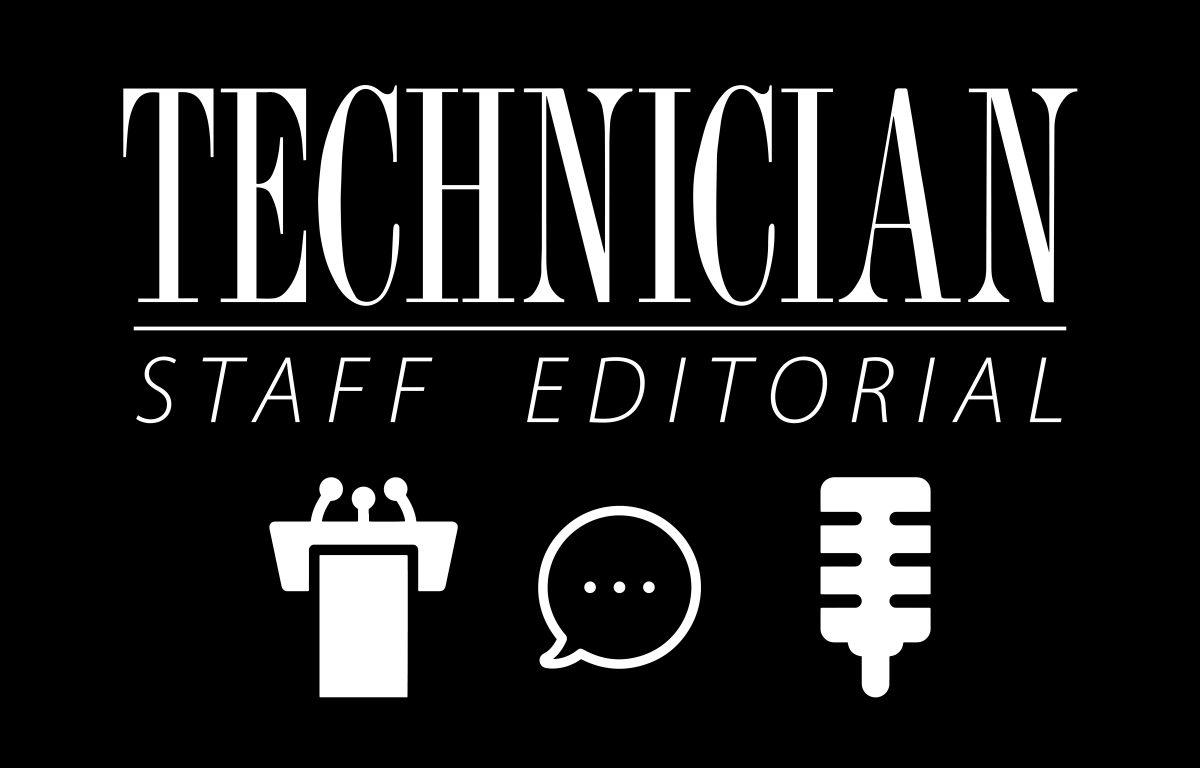OUR OPINION: Students should not opt for either platform without trying them first.
In case you haven’t noticed, the University’s webmail service, Cyrus, is not an example of the cutting edge of the Information Age. The storage space for e-mail is limited, and webmail is pretty much good for only one thing: sending simple e-mails.
So the University created the Student E-mail Initiative to determine possible alternatives to the Cyrus system, considering platforms like Yahoo’s Zimbra service, Microsoft’s Live at Edu and Google’s Apps for Education.
The group decided not to accept Zimbra’s offer, leaving Google and Microsoft on the table.
Google does a powerful, adaptive platform that would address several of the issues students have with the current webmail system, while, given its history and legal issues in the past decade, Microsoft has a reputation as an evil, anticompetitive corporation seeking to corner the market on computing. However, this does not mean students should jump for Google joy and demand the University switch to Google’s Apps for Education platform to solve many problems with webmail.
Students should look at both forums before giving the initiative members a recommendation. This system will replace the Cyrus system, which is reliable, albeit limited in storage space and features.
Both Microsoft and Google provide free services, so cost is not the issue. And both services are available for students to try at the Student E-mail Initiative’s Web site (http://oit.ncsu.edu/student-email-initiative).
We should not push for a switch to Google simply due to name recognition, as tempting as it may be. Students should sign up for each of the services and give the initiative feedback, both at online forums and the Student E-mail Initiative’s public forum Feb. 16 at 5 p.m. in the Carmichael Recreation Center’s Play Zone.
This is an important issue for students, and it should be treated as such — e-mail is an important outlet for information from professors and University reminders. As students are one of the primary users of the University’s webmail service, their feedback should play a large role in determining which platform the University uses to replace the Cyrus webmail system.
Also consider that Google services are available for free at any time to anyone with Internet access, while Microsoft is offering its service for free to educational institutions.
And do you really want Google to take over your life completely?



